Mon-Sat 9am-7pm







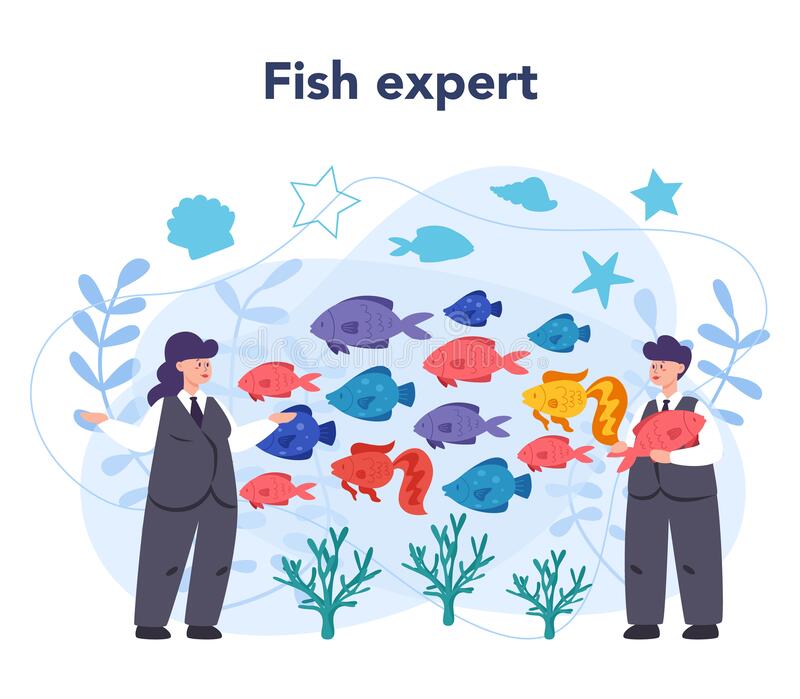


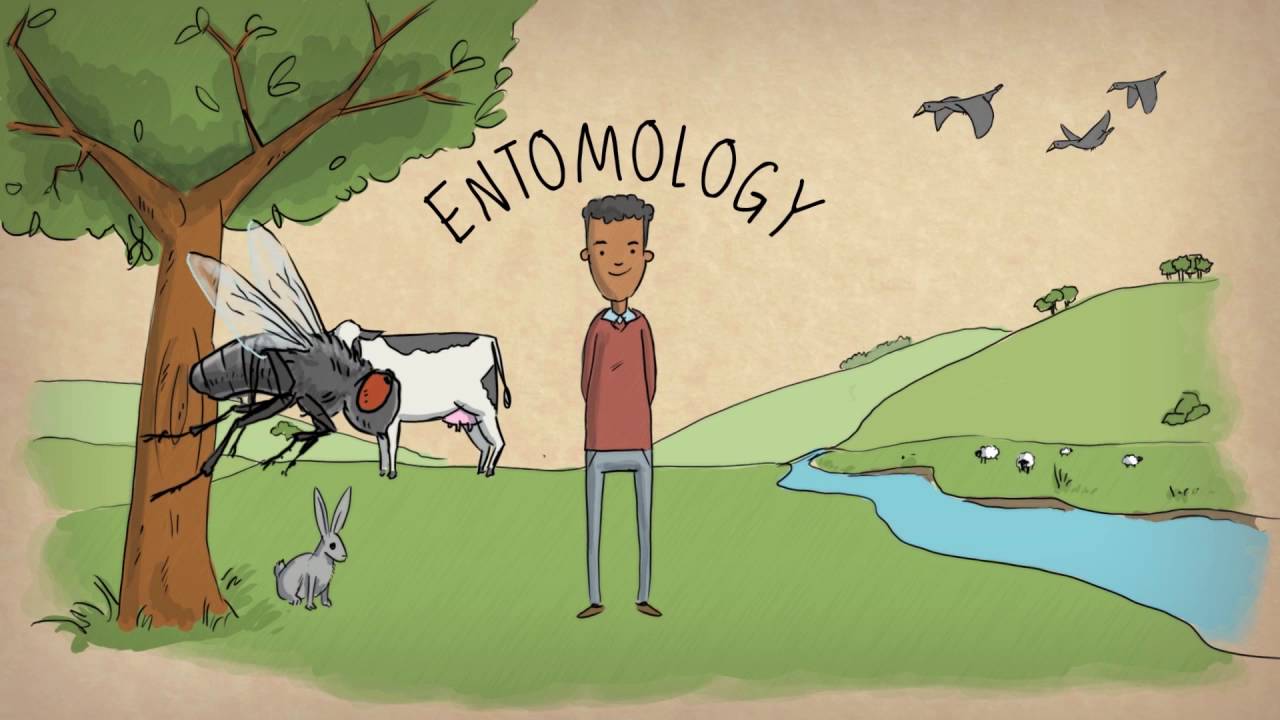


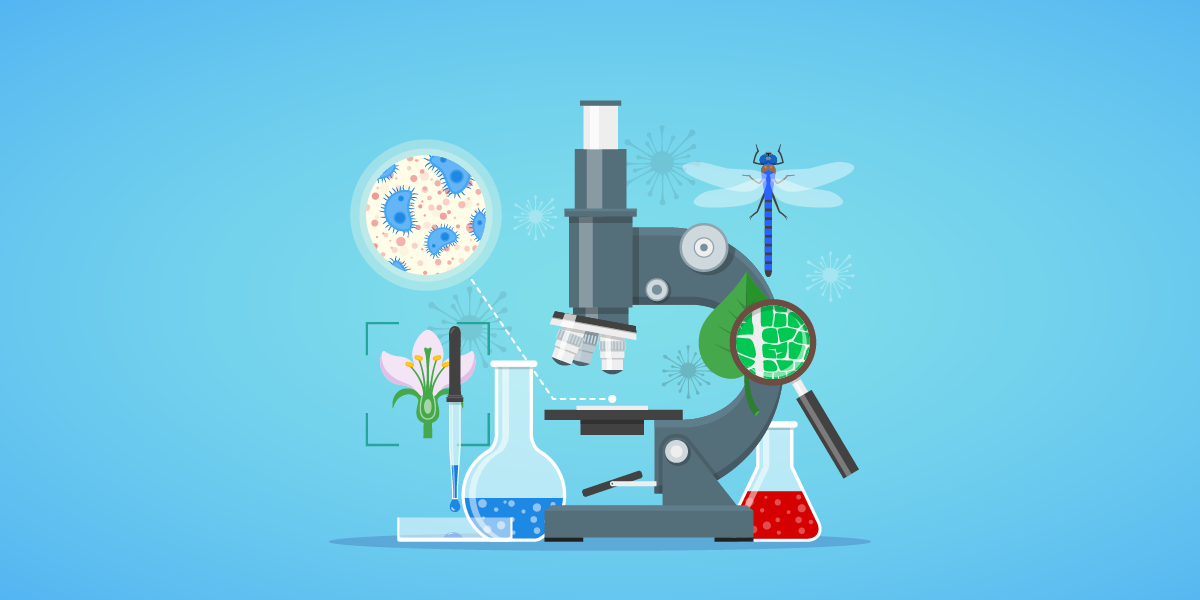


Entomologists are biological scientists who specialize in the study of insects, both in the field and laboratory settings.
Most entomologists specialize by studying a specific species or group of insects such as bees, butterflies, beetles, or ants. An entomologist who works with bees could choose to narrow their focus to specialize in working with a single species, such as honeybees. They can then specialize even further by studying behavior, nutrition, reproduction, disease transmission, or pest management issues related to their specific species of interest.
Other options for employment include pursuing career paths such as forensic entomology (using insect evidence to assist police investigations) or entomological paleontology (studying insect fossils and evolution).

#1
Studying, monitoring, classifying, and cataloguing insect species. For example, if you come across a new species of insect, you must study and monitor its behaviour and environmental stimuli (reaction to surroundings), do a taxonomy study (classifying the insect’s genus, kingdom, phylum, species, etc.), record the bacteria (good or bad) it carries, and more.
#2
Studying the insect’s physiology (study of its organs and anatomy), genetics (study of its hereditary), behaviour, ecology, and habitat. Suppose, you specialize in the study of a certain species of beetles. You must, then, understand their anatomy, map their ancestry (genetics), study their behaviour and their relation to their surroundings.
#3
Researching beneficial insects and their role in nature. For example, depending on your specialisation, you might be conducting a scientific experiment to analyse how bees are having a positive impact on the plant and flower species they pollinate.
#4
Researching the impact of insect pests and how to control them. Not all insects are good for nature, or for us. For example, a certain agricultural area infested with locusts (a type of disease-carrying grasshopper) would be vulnerable to widespread crop loss. Your research will include your recommendations on tackling such an infestation of locusts. Additionally, you will be working with other scientists to develop crops that are resistant to these locusts.
#5
Developing and testing new insecticides using bacteria, viruses, or fungi to control these pests. For example, you may have to tag with a team of chemists and biochemists to analyse what chemical (organic or inorganic sources) would be effective against the insect pest in question.
#6
Managing and maintaining heritage archives and museum records on fossilized or petrified insects. As an entomologist, you also get to research ancient and extinct insects preserved by archaeologists in museums. By studying these records, you also get a strong idea of past environments.
#7
Helping investigators solve crimes by studying insects and larvae found at crime scenes. This highly specialised field is popularly called Forensic Entomology. In a given case, you might work to determine the age of the insect/larvae and match it with other evidence to hence pinpoint the time of crime.
#8
Producing scientific literature to help others identify insect species. For example, you will create a document (in the form of media, talks, shows, etc.) to raise public awareness about new and emerging species.
#9
Educating children via schools and wildlife groups to encourage their interest in entomology. This is a major responsibility as an entomologist, since you will be working closely with academic establishments.
Go to high school or junior college and take up biology and mathematics as your core subjects besides physics, chemistry and computers.
STEP 2: Entrance Exams
You must write entrance exams for Bachelors of Science in either biology or directly entomology. There are only a few colleges offering BSc Entomology courses in India, but for BSc (general) you will have plenty of options.
During your BSc, you will study zoology as one of the subjects. Keep a special focus on this while studying hard for others as well.
STEP 4: Postgraduate Degree
This is an optional step if you have already chosen entomology as your BSc specialisation. However, if you chose BSc in Biology, you must go for a Masters in Science and then, optionally, a Doctoral program, focused on your chosen specialisation in Entomology.
Now you have graduated with a relevant degree, maybe even a post-graduate degree and a PhD. You also have an amazing set of skills and an absolute love for those little creatures. Put all this to use to bag a job!
An entomologist 's salary can vary depending on location, level of education, experience, and employer. The U.S. Bureau of Labor Statistics (BLS) offers a salary range for wildlife biologists, the broader category in which entomologists are included:
- You are getting out in the field, seeing new places all the time and the potential to grow a company.
- Study nature and the behavior of insects.
- Provides a unique job experience.
- Its a very nice feeling being somewhere nice, sitting back and enjoying nature on down-times.
- You get to learn many new things about a type of insect that you did not know before.
- Insects can help you appreciate the natural world more.
- This job doesn't get paid much.
- The insects could be harmful.
- The job isn't very exciting unless you love bugs and nature.
- Weather conditions can sometimes be severe.
- Many people do not appreciate the contributions that entomologists do for the world.
This includes logic, skepticism and rationality- something every scientist requires, to be able to do their job well. Deductive reasoning is a must to be able to derive answers to questions related to genetics of insects, their biological evolution, their future impact on ecology, conservation methods, etc. You will also be dealing with copious amounts of biological data that requires stringent analysis and you must be critical of your own theories.
This involves maintaining meticulous records of the data that you collect regarding insects and their environment. Learning specialised softwares to assist with the same will help too.
Entomological problems require finding advanced solutions via the fields of genetics, biology, and even forensics.
You will be working mostly in research and academic settings. Effective communication with your peers and authorities is thus essential to get your work moving, and to critically work with the feedback that you receive.
Although there is software that you will use to record millions of insect species in the world, you still require a powerful memory in order to distinguish one insect species from the other despite the tiny physical differences among many of them, and to connect the dots to further your findings.
You will require to learn how to use database software (chemistry, biology, and entomology) efficiently and thoroughly to record your data and sift through it when needed.
This goes without saying. - you need an extremely strong knowledge base in biology, zoology, microbiology and allied fields, along with mathematics and chemistry.
Call us at +91 9205084085, Monday - Friday, 9 am - 7 pm


